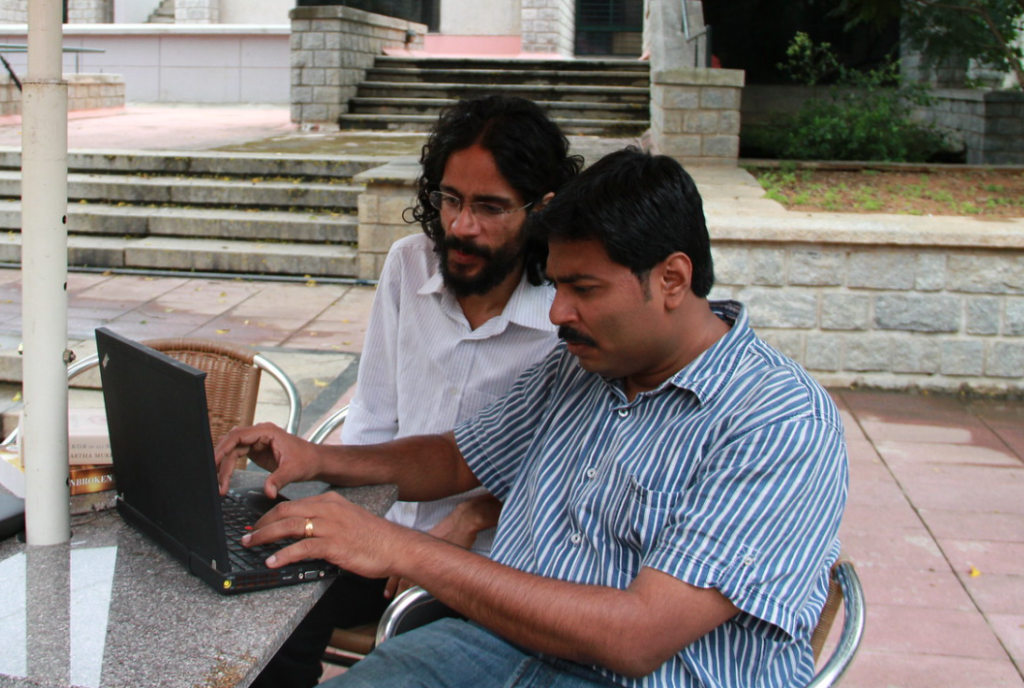In Response to U.S. Tariffs, Indian Software Developers Slow Down Coding by 25%

New Delhi – August 7, 2025 — In an unexpected move that blends quiet protest with strategic disruption, a growing number of Indian software developers have reportedly begun to intentionally reduce their coding efficiency in response to the United States’ recent tariff increase on Indian technology imports.
Industry insiders say the slowdown amounts to an estimated 25% increase in development time for equivalent software projects contracted by U.S.-based firms. The action, while unofficial and uncoordinated at the national level, is gaining traction among freelance developers and small-to-medium outsourcing firms frustrated by the economic implications of the tariffs.
“This isn’t about sabotage,” said an unnamed senior developer at a Bengaluru-based outsourcing firm. “It’s about expressing dissatisfaction with policies that directly affect our livelihood. If our work is taxed more heavily, our effort will adjust accordingly.”
The U.S. imposed a series of new tariffs last month on a range of imported digital services and software tools from India, citing what officials described as “competitive imbalances in the technology sector.” The move has been widely criticized in India’s IT circles, where outsourcing remains a key pillar of the country’s export economy.
Industry analysts note that the slowdown, if it spreads, could lead to project delays, rising costs, and increased uncertainty for American businesses relying on Indian developers for code delivery.
“This is a form of passive resistance,” said Shruti Mehra, a technology policy analyst at the Indian Institute for Global Economics. “By stretching delivery timelines, developers are indirectly highlighting how integral their work is to global tech operations — especially in the U.S.”
It remains to be seen how American firms will respond. Some companies may attempt to shift operations to other countries, while others may push for a resolution at the policy level to avoid further disruption.
In the meantime, Indian developers appear to be sending a clear message: if their code is going to cost more, it might take longer, too.

Pornhub Reports Majority of Profits Now Driven by VPN Services

After Recognizing Palestine, Australia Formally Declares Himba Tribe a Sovereign State

Make Alaska Russian Again’: Demonstrators Rally in Anchorage for Return to Moscow Rule

ChatGPT Can Now Tell You You’re Ugly, Stupid, and a Failure — VIP Subscription Required

U.S. Schools to Require Golf Lessons for All Students Starting 2026
